February 5, 2025 | 10:11 GMT +7
February 5, 2025 | 10:11 GMT +7
Hotline: 0913.378.918
February 5, 2025 | 10:11 GMT +7
Hotline: 0913.378.918
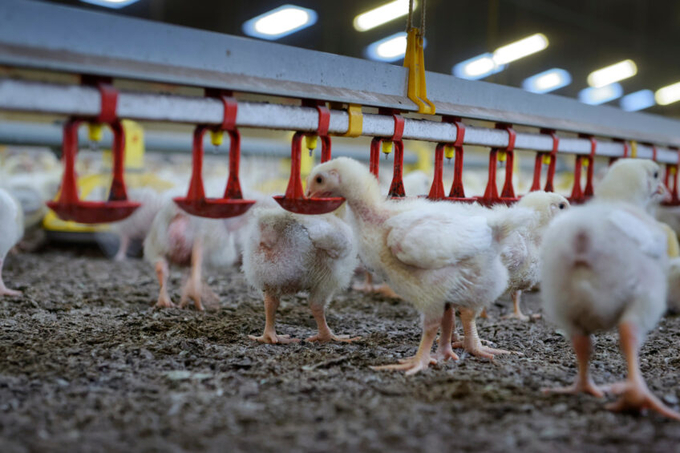
An immune-complex vaccine has a delayed release which offers major advantages. Photo: Lex Salverda.
Immune-complex vaccines provide unique attributes in the IBD protection toolbox. These vaccines contain an IBD virus vaccine coated with antibodies, which must first degrade before the vaccine virus is released in the bird, delaying the immune response compared with classic live vaccines.
Often used in cases of high field-virus pressure, immune-complex vaccines are useful for ‘cooling down the house’ and keeping the field pressure low for subsequent flocks, said Leticia Frizzo da Silva, DVM, PhD, senior principal scientist, Zoetis. They do this by colonising the bursa and blocking early replication of the field virus. The introduction and repeated use of immune-complex vaccines can repopulate a house with the vaccine virus, creating a ‘diluting’ effect, she added. Over time, this approach can replace the field virus to the point where the farm mostly has the vaccine virus.
Vector and live vaccine comparisons
The immune-complex vaccine has a delayed release, therefore it cannot be immediately neutralised by maternally-derived antibodies as conventional live vaccines can, said Frizzo da Silva. This delayed release brings at least 3 major advantages:
Vectored IBD vaccines – based on herpesvirus of turkey (HVT) – and immune-complex vaccines have complementary roles. While vectored HVT-IBD vaccines cushion the bursa better and tackle clinical disease effectively, they cannot replace field virus to reduce the environmental load or lower the overall infection pressure in the long run. This makes rotation of the 2 approaches a sensible option, said Frizzo da Silva.
Options for different field scenarios
The IBD virus is genetically diverse, with 7 different genogroups falling into classical virulent, antigenic variant and very virulent types. Different field challenges can call for different immune-complex formulations. A rotation strategy of immune-complex and vector vaccines could offer an option for controlling IBD. In broiler chickens, immune complex vaccines based on the Winterfield 2512 strain and the V877 strain can be used, while the V877 strain can be used in layer chickens.
(PW)

(VAN) For World Bamboo Ambassador and architect Nguyen Manh Tuan, bamboo is a timeless material, seamlessly blending with nature and woven into every moment of life. Vietnam Agriculture Newspaper is pleased to introduce his article.
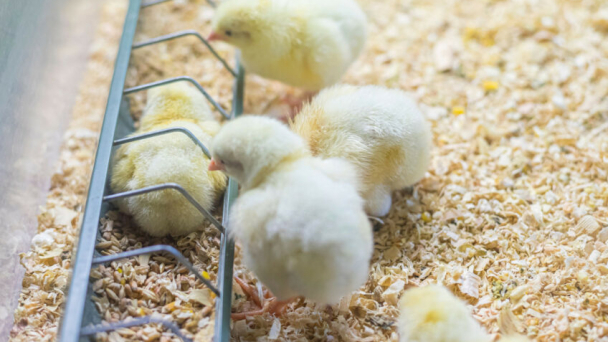
(VAN) Smart farming, including applications of artificial intelligence (AI), has the potential to improve farm animal welfare in many ways, but practically achieving this depends on a number of external factors.
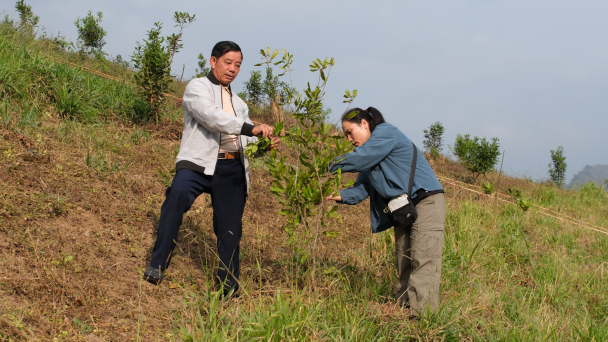
(VAN) With 75% of its cultivated land on steep terrain, macadamia farming in Tuan Giao district faces significant risks of soil erosion, underscoring the need for sustainable agricultural solutions.

(VAN) Bac Kan province is set to mobilize over 1 trillion VND to implement the Ba Be National Park Eco-Tourism, Resort, and Entertainment Development Scheme.
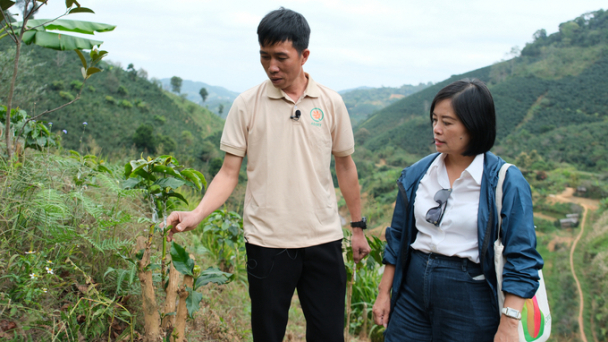
(VAN) Agroforestry models and grafting techniques are breathing new life into the Arabica coffee gardens of the Thai ethnic community in Mai Son district, Son La province.
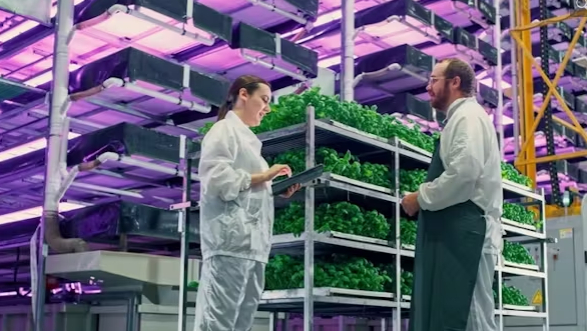
(VAN) Plant factories are failing, with multiple companies closing or going bankrupt in recent months. This includes the largest vertical farm on the planet, in Compton, Los Angeles.

(VAN) The announcement comes as a protection zone was set up following an outbreak of highly pathogenic avian influenza (H5N1) in the Kirriemuir area of Angus, Scotland.